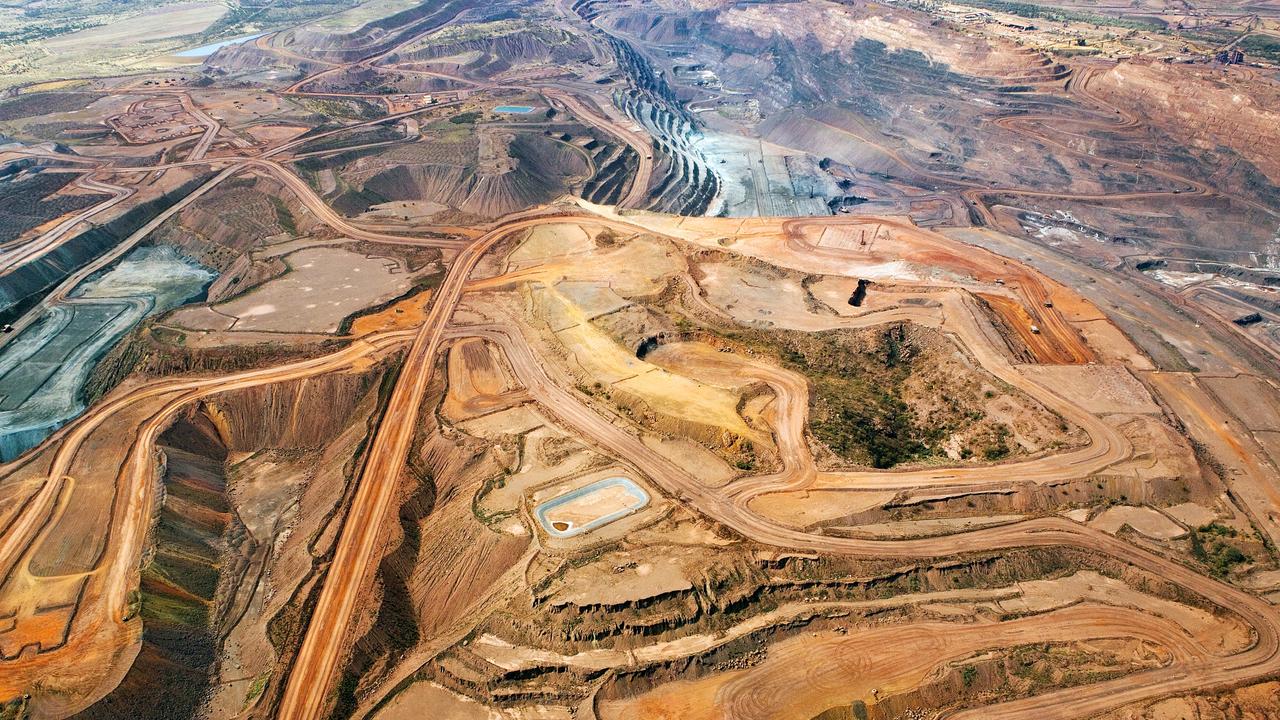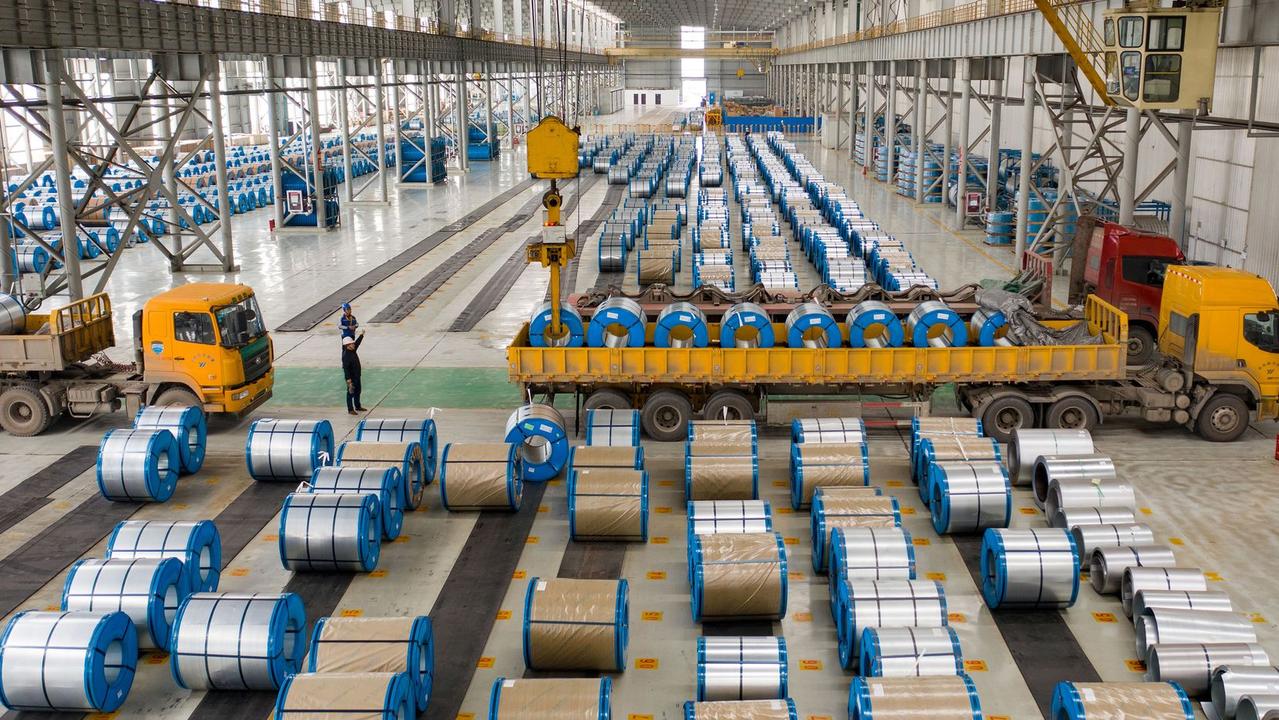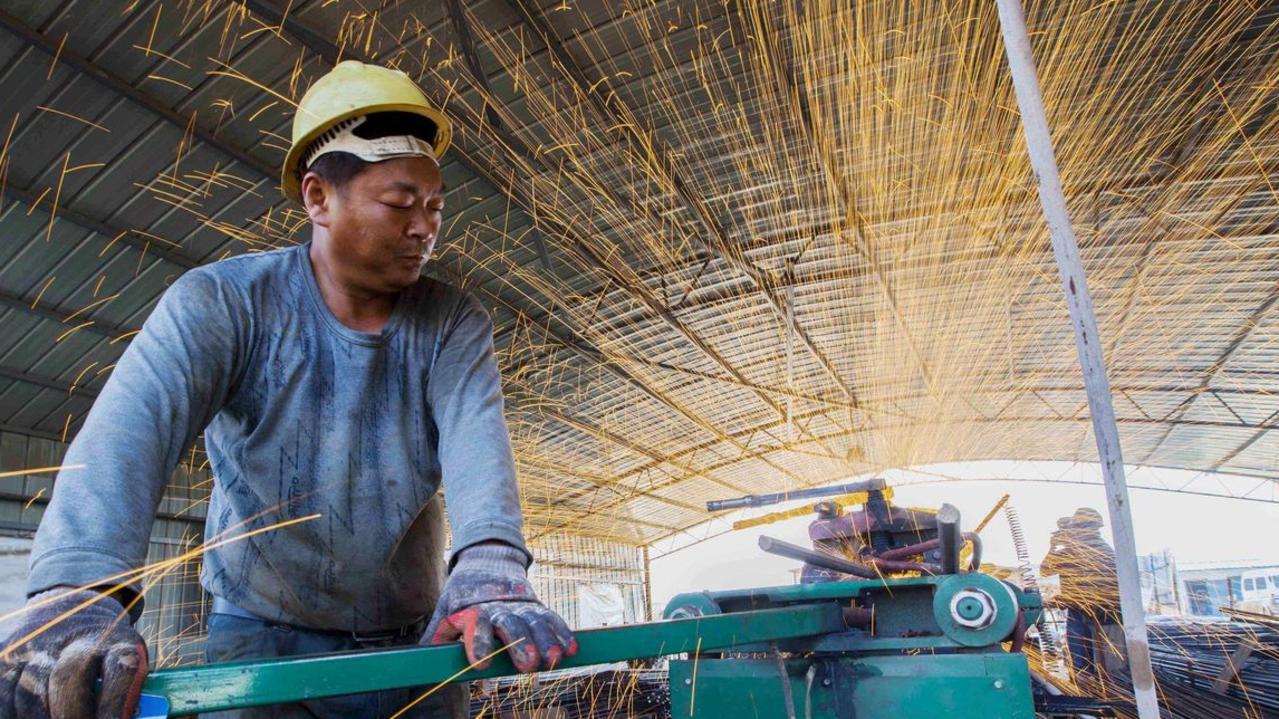China causes big Aussie export to drop 11 per cent in one week
Australia's most valuable commodity has seen its price plummet by 45 per cent since May, with warnings that next year could be worse.
In just one week, the iron ore price has plummeted by over 11 per cent down to $U128.75 a tonne hammering Australia’s most valuable export.
Its a rapid decline has happened in just a few months after the commodity hit an all-time high in May when prices soared to a record $US237 a tonne.
It appears China’s threats to bring down the cost of the popular export because Australia was “profiteering” off excessive prices and to create economic “pain” for Australia are starting to bite.
There has been a “collapse” in the iron ore price since May with a 45 per cent fall, Commonwealth Bank mining and energy economist Vivek Dhar told news.com.au.
Prices are falling because China, the world’s biggest purchaser of iron ore, had put the brakes on crude steel output as it looks to reduce emissions, he added.

It’s the second largest drop in price in just three weeks after iron ore fell 13.5 per cent in the week ending 20 August.
China plans to cap its steel production to 2020 level which would mean a 12.2 per cent fall in output from August to December, Mr Dhar noted.
“Iron ore has fallen through the $US130 a tonne mark – which has been a point of resistance before,” he added.
It means the glory days of iron ore’s price could well be over as forecasts quickly fall well below reality.
“We forecast iron ore prices dropping to $US100 a tonne by quarter four of 2022,” Mr Dhar said.
“This fall in prices just accelerates the timing that we think we will get to that level. Prices have already fallen below our quarter four 2021 price target of $US170 a tonne.”
Although Australian mining company’s aren’t expected to be hit hard by the drop in price, Mr Dhar added.
“Given that the increase in iron ore prices only saw smaller mines in Australia come to the market and for the large incumbent iron ore miners to keep output fairly steady, we don’t think this fall in prices will materially change much in respect to mining activity,” he said.

Trade data from China shows that imports of iron ore fell 21 per cent in July compared to the previous year.
“A softer Chinese economy further casts doubt for Australia’s exports — a slowdown in China’s infrastructure investment will weigh on Australian exports, with iron ore exports slowing and coal exports already banned,” a report from Barclays Bank found.
An even bigger worry is more competition next year as Brazil’s mines ramp up production, which could coincide with a continuing crackdown in China.
“The (Brazilian) company is looking to boost production capacity from 343 tonnes by the end of this year to 400 tonnes by the end of 2022, a 3.3 per cent increase in seaborne iron ore supply,” Mr Dhar said.
“The big uncertainty for 2022 will be China’s crude steel output policy and prospect of ongoing nationwide restrictions.”

The China Iron and Steel Association announced that the communist country would cut its steel capacity by 236 million tonnes by 2025.
China produces more than one billion tonnes of steel a year, more than half of the global total, sitting at around 55 per cent.
But other commodities are buoying the Australian market, with prices for coal exports from Australia in July the highest they had been since March 2019 – despite China “virtually stopping” all imports of this kind.






